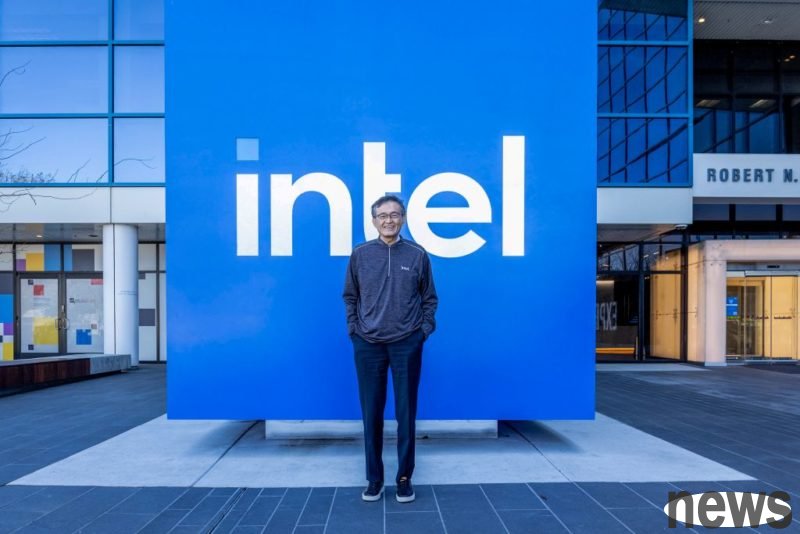
US President Donald Trump posted on the social platform Truth Social on the 7th that Intel Executive Director Chen Liwu had a high conflict of interests and must immediately resign, causing global disagreement. Senior semiconductor analyst Shu Xingzhi criticized the article, "Intel has never been able to help him, but has never been able to help him."
Turksong said frankly that Chen Liwu's route this time is to reduce costs by layoffs and increase efficiency to save A Dou, but the new policies such as reducing costs by layoffs and considering the reduction of next year's spending is clearly in conflict with Trump's "making US manufacturing again big". It can only be seen whether Intel will surrender to Trump.
On the other hand, Trump is now clearly determined to repair Intel after finishing 100% of the semiconductor taxes. He was also worried about whether Trump would force Taiwan to take up some shares next, or to add capital expenditures with a possible/unpaid output technology.
Recently, Trump's spearhead has pointed at Taiwan's electricity, which also made the world's leaders feel moved. "I don't know when Taiwan's electricity can escape the political violence, allowing investors to study the evolution of process technology and changes in market demand, but it will not be completed in the future."
There is currently speculation that Trump sniped Chen Liwu because his Cadence Design Systems led by 2021 involves a case and the investment company invested heavily in Chinese companies. IHU computer last week agreed to the conviction, paying more than $140 million, and convicted the U.S. Department of Justice for selling chip design products to a Chinese military university.
Before Trump made his statement, Republican Party member Tom Cotton just wrote to the Chairman of Intel, questioning Chen Liwu's relationship with Chinese companies.
According to the report of "Walker Street Journal", Intel executive director Chen Liwu took office for several months and had disagreements with some Intel directors about key issues. Chen Liwu hopes to keep the company's foundry business, and believes that this is the key to the company's success, ensuring that the United States does not rely on Taiwan Electric and Samsung and other foreign semiconductor companies; Intel's chairman Frank Yeary hopes to withdraw from the foundry of the company at the end, and the two sides have different opinions.
However, Chen Liwu has been in court for about 140 days since he took office, and he has had a close conversation with the Intel Board of Directors. People familiar with the matter revealed that Intel's recent strategic cooperation has failed, and Chen Liwu believes that his two hands were blocked by the board of directors and cannot smear the company's dilemma.
It is not yet certain how Intel will revise its ties with the Trump administration, but on the 7th, he said that he is looking forward to "continuous cooperation" with the US government and emphasizes that the company, the board of directors and Chen Liwu "is committed to promoting the national and economic security interests of the United States, and making major investments consistent with the president's "U.S. Priority" policy."
Extended reading: Transformation routes are different! Except for Trump's sniping, Chen Liwu and Intel's board of directors have long been in a relationship Snapdragon 8 Gen 5 has a higher sex price ratio! Enjoy N3P and other flagship machine experience at super sweet prices